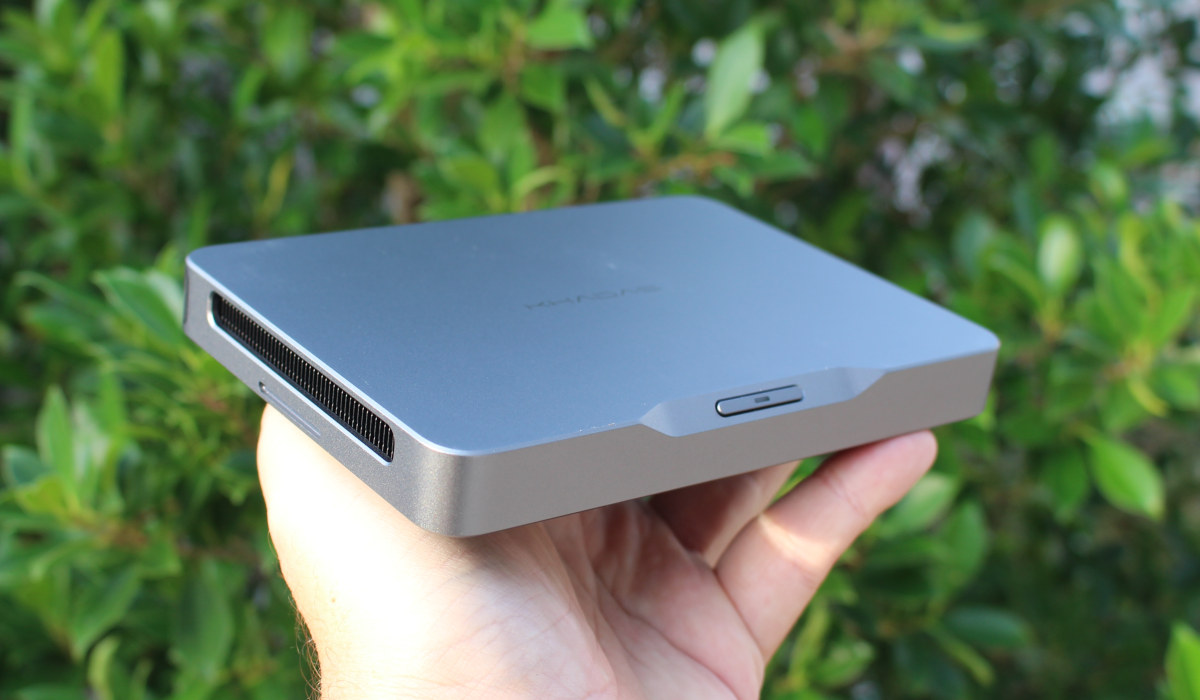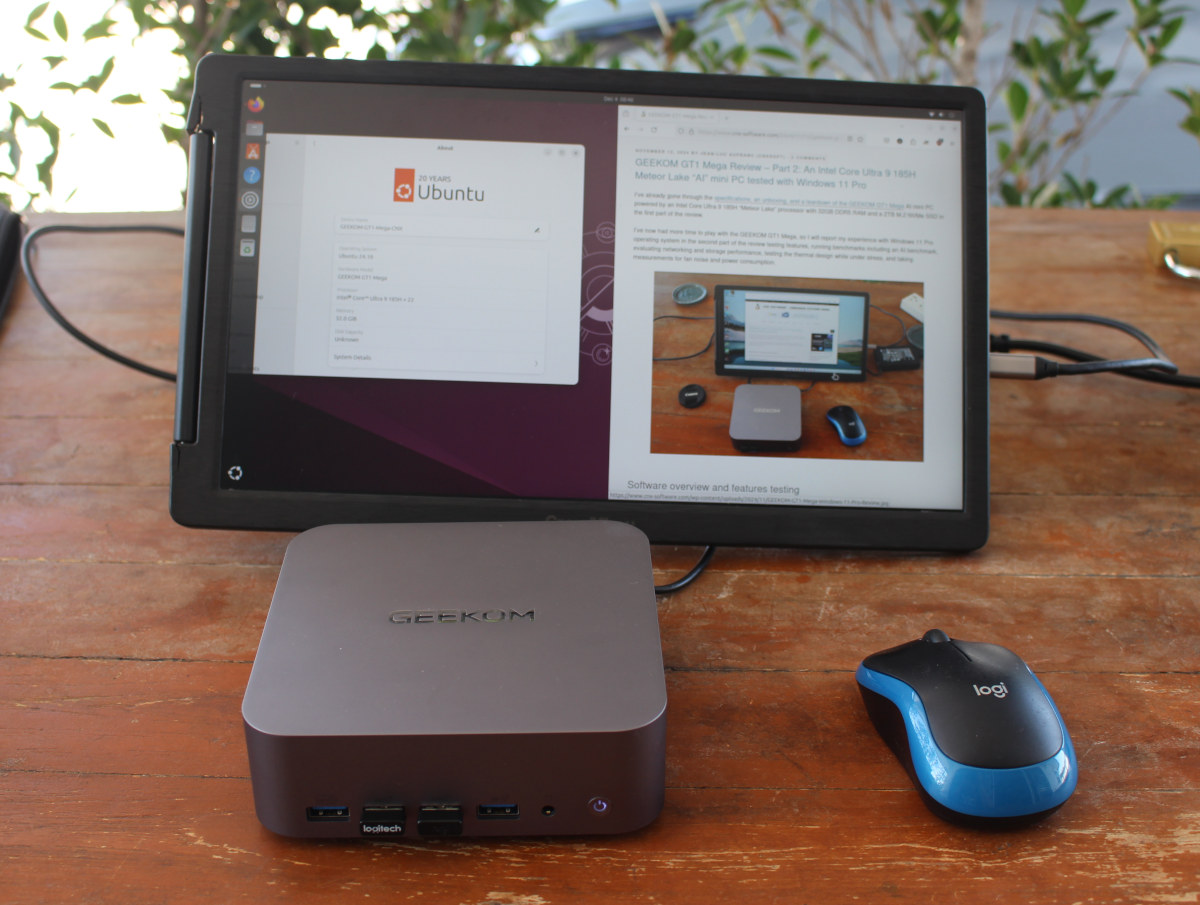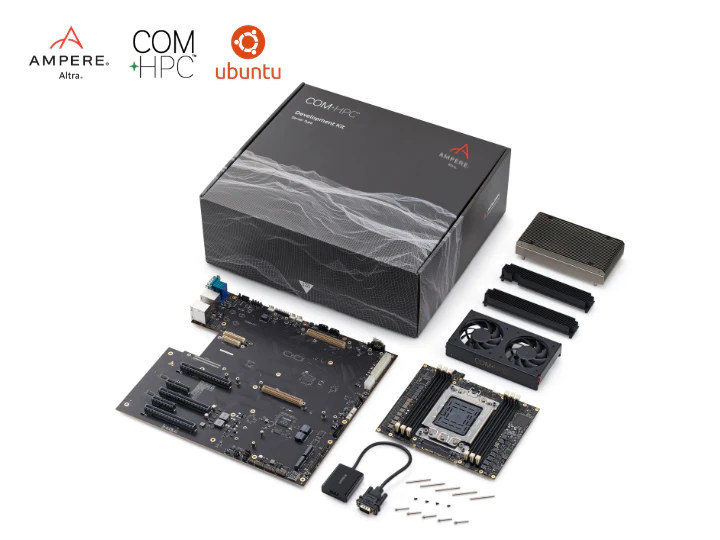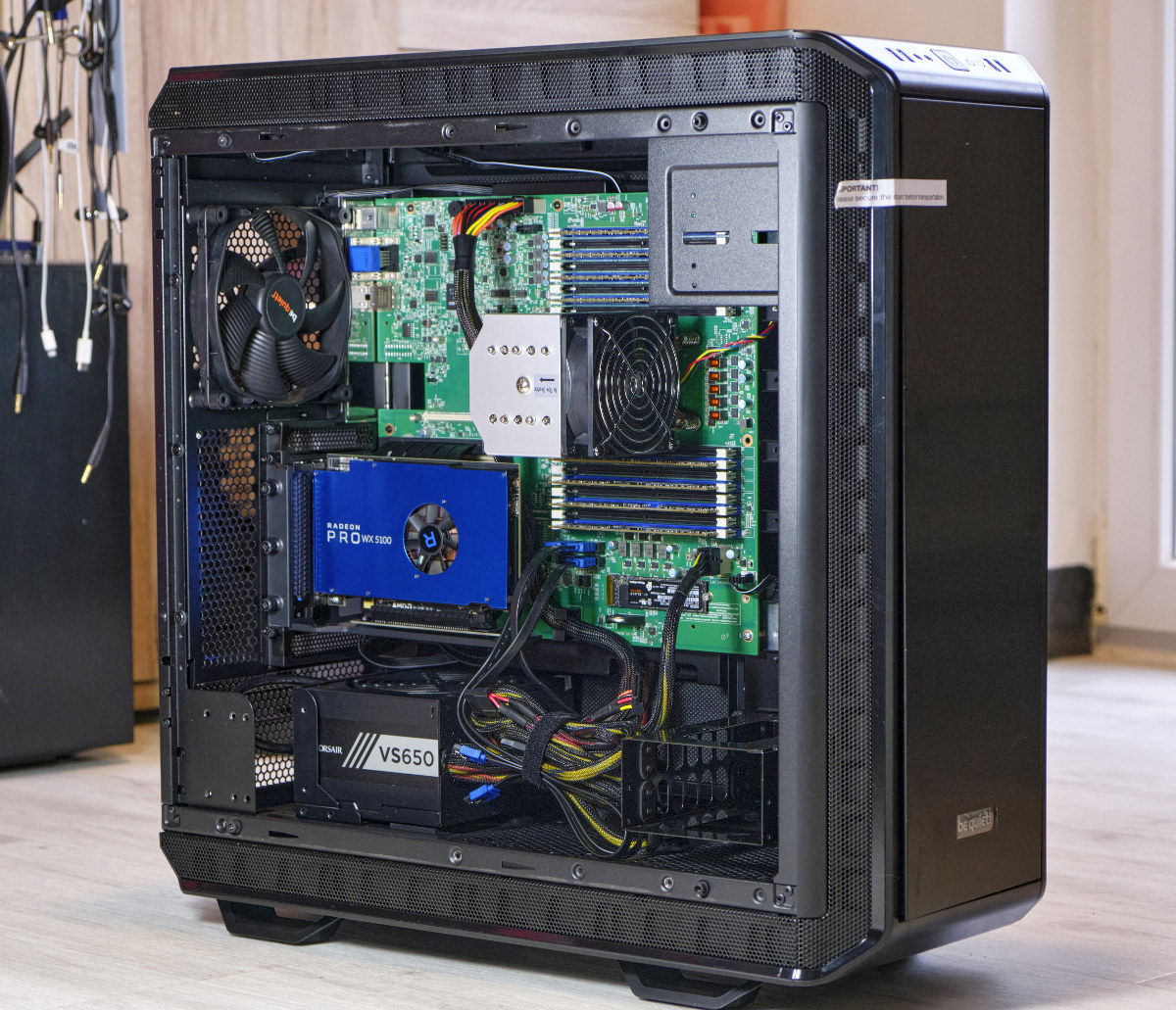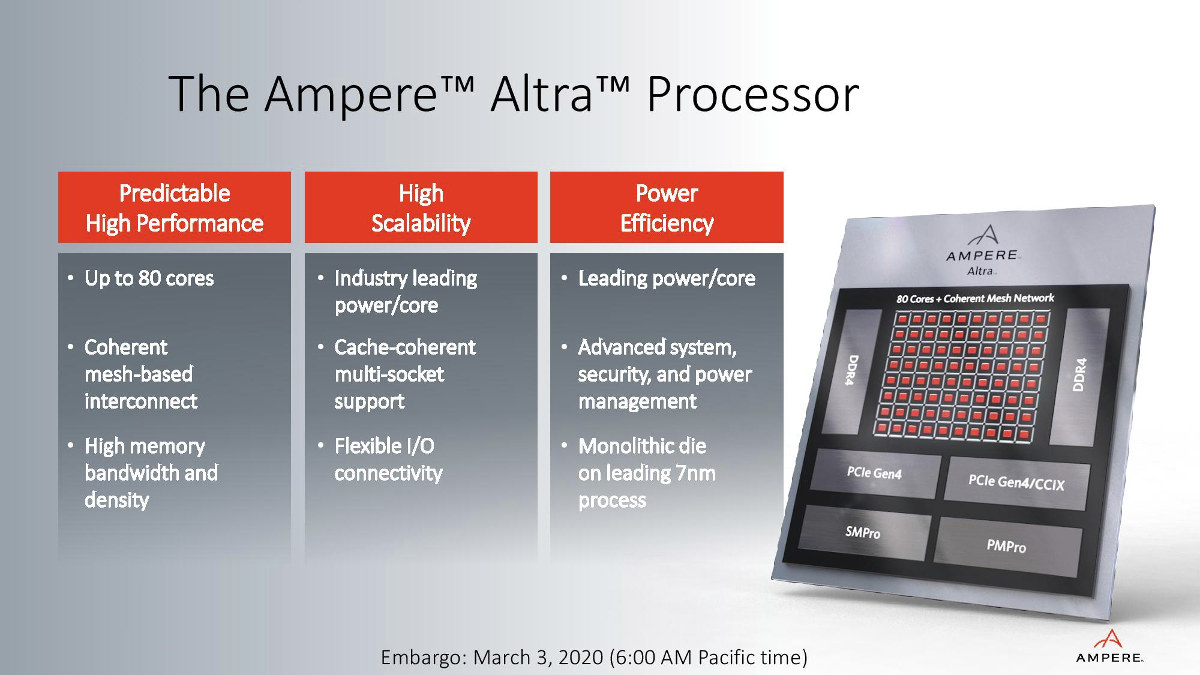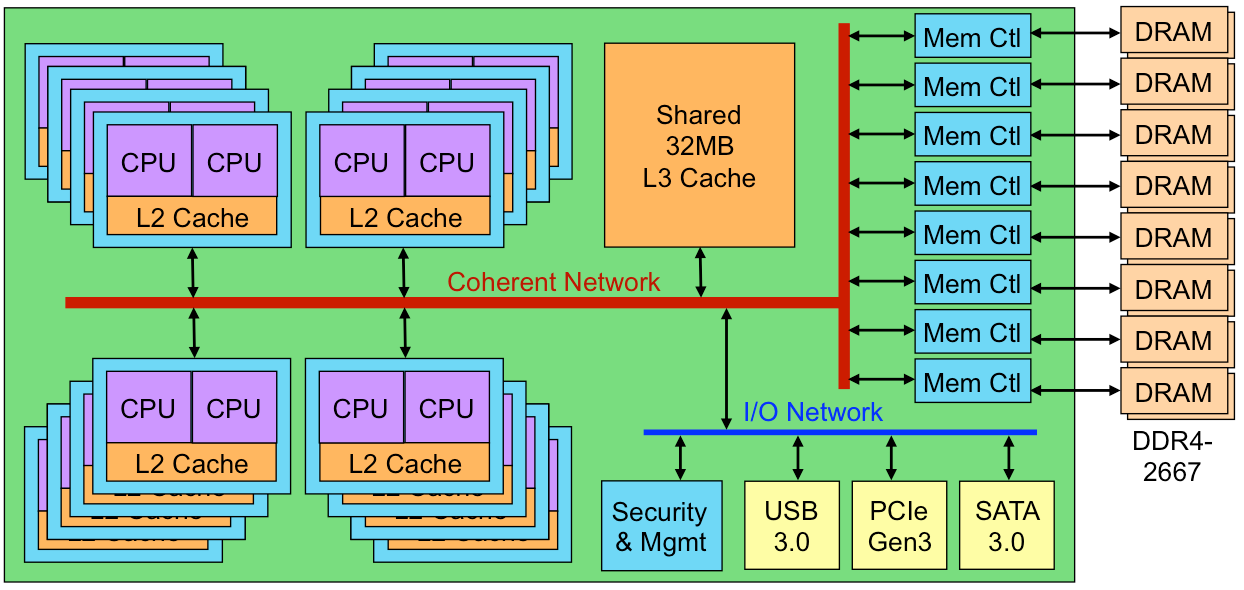Khadas recently announced the Mind 2 mini PC with an Intel Core 5 or 7 “Meteor Lake” mini PC. But the company is prepping the launch of another similar device called the “Khadas Mind 2 AI Maker Kit Dev Workstation” or “Intel Core Ultra Processor (Series 2) AI PC Dev Kit” with a 15th Gen Intel Core Ultra 7 258V “Lunar Lake” processor offering up to 115 TOPS of AI performance. I’ll just call it “Khadas Mind 2 AI Maker Kit” for shorts. The system ships with 32GB RAM and a 1TB SSD, and Khadas says the new system is designed specifically for developers working on AI PC applications, but apart from the faster SoC, it comes with similar features as the Mind 2. This includes HDMI 2.0 video output, two 40Gbps USB4 ports, Wi-Fi 6E (802.11ax), and Bluetooth 5.3 connectivity, as well as two USB 3.2 Gen2 Type-A ports […]
Raspberry Pi 500 review with Raspberry Pi Monitor and teardown
The Raspberry Pi 500 keyboard PC is just out along with the 15.6-inch Raspberry Pi Monitor and received samples from Raspberry Pi for review a few days ago. I’ve had time to play with both, so in this review, I’ll go through an unboxing of the kit I received and report my experience with both the keyboard PC and monitor. Unboxing I received two packages. The first one with the Raspberry Pi Monitor, and the second with a Raspberry Pi 500 (UK layout), a 27W USB-C power adapter, and a micro HDMI to HDMI cable. So not quite a full Raspberry Pi 500 Desktop Kit since there’s no mouse and beginner’s manual but close to it. Let’s start with the keyboard PC. The bottom side of the package has some specs and a logo for the keyboard layout, in this case “UK”. There’s only the keyboard PC in the package. […]
GEEKOM GT1 Mega review with Ubuntu 24.10 – Part 3: Linux on an Intel Core Ultra 9 185H “Meteor Lake” mini PC
We’ve already had a look at GEEKOM GT1 Mega’s hardware with an unboxing and a teardown before following up with a thorough review of the Intel Core 9 Ultra 185H mini PC with Windows 11 Pro. After being interrupted by some Raspberry Pi reviews, I finally had the time to test the GEEKOM GT1 Mega with Ubuntu 24.10 to check out how well (or not) it works with a recent Linux distribution. I’ve tested the features of the Meteor Lake mini PC in Linux, ran some benchmarks, evaluated storage and network performance, played 4K and 8K videos on YouTube at various frame rates, went through a stress test to check its thermal design, and finally measured the mini PC’s fan noise and power consumption. Ubuntu 24.10 installation I would usually review mini PCs with the latest Ubuntu LTS version which would currently be Ubuntu 24.04.1. However, since the Intel Core […]
SONOFF CAM Slim Gen2 Review – A tiny indoor security camera tested with eWeLink and Home Assistant
We have received the latest tiny indoor security camera from SONOFF: the second generation of the CAM Slim series known as the CAM Slim Gen2 (or CAM S2 for shorts). Some of you might remember the first-generation CAM Slim model reviewed by Jean-Luc about two years ago. The Gen2 version keeps the same 1080p resolution but comes with several upgraded features, including AI algorithms to distinguish living beings, customizable detection zones, customizable privacy zones, sleep mode, enhanced low-light image quality, and flexible storage management. Although it’s packed with several enhancements, its price is lower than the Gen1. Let’s delve into the details! SONOFF CAM Slim Gen2 unboxing Inside the box, you’ll find a compact manual, a USB-C cable, a mounting kit, and a sticker template acting as a drilling guide. The camera is smaller than your palm and comes mounted on a versatile, rotatable base, making installation in various positions […]
ADLINK Ampere Altra Dev Kit features ATX motherboard with 32 to 80-core Arm COM-HPC CPU module
ADLINK Ampere Altra Dev Kit is an “IoT prototyping kit” based on an ATX motherboard fitted with a COM-HPC-ALT Server Type Size E module powered by an Ampere Altra 32, 64, or 80-core Arm Neoverse N1 server processor, and supporting up to 768GB DDR4 memory. It’s basically the same hardware as found in the Ampere Altra Developer Platform (AADP), but without the tower and power supply, nor optional features like liquid cooling or 10GbE interfaces. Ampere Altra Dev Kit (AADK) specifications and content: Computer-on-Module – COM-HPC Server Type Size E Ampere Altra module with Ampere Altra 32 to 80-core 64-bit Arm Neoverse N1 processor up to 1.7/2.2/2.6 GHz (32/64/80 cores, TPD: 60W to 175W), up to 768 DDR4 ECC memory Mainboard – COM-HPC Server Base carrier board Storage – 2x M.2 slot for NVMe SSD Video – VGA port Audio – 3.5mm audio jack Networking – 1x Gigabit Ethernet Expansion […]
Ampere eMAG 64bit Arm Workstation Enables Native Arm Development
Over the last few years, several companies have come up with 64-bit Arm workstation to allow developers to test Arm code natively which may be important to avoid network delays or test applications requiring video or graphics. Those started to become available in 2018 from the relatively low-end 24-core Cortex-A53 Linaro “Synquacer” Developerbox to the much more powerful (and expensive) GIGABYTE ThunderXStation Workstation powered by up to two 32-core ThunderX2 processors. In the fall of 2019, SolidRun started to ship HoneyComb LX2K 16-core Arm Workstation motherboard with and NXP LX2160A 16-core Cortex-A72 processor that offers significantly more performance than the Linaro Box at a reasonable price ($750). While reading a recent Anandtech post with photos of an engineering sample, I found out Avantek was also offering the Ampere eMAG 64bit Arm Workstation powered by an Ampere eMAG 8180 32-core server processor. Ampere eMAG 64-bit Arm workstation specifications: SoC – Ampere […]
Ampere Altra Announces 80-Core Arm Neoverse N1 Server Processor & Reference Designs
The first 64-bit Arm server processor was announced almost 9 years ago. Applied Micro X-Gene was found in several servers, and the company updated X-Gene family until it got bought by Ampere in 2018. The latter has now announced the first of their own design with Ampere Altra, an 80-core Arm Neoverse N1 server processor made for data centers. Ampere Altra specifications: Processor Subsystem 80x Arm v8.2+ 64-bit CPU cores up to 3.0 GHz with Sustained Turbo 64 KB L1 I-cache, 64 KB L1 D-cache per core, 1 MB L2 cache per core, 32 MB System Level Cache (SLC) 2x full-width (128b) SIMD Coherent mesh-based interconnect, distributed snoop filtering System memory 8x 72-bit DDR4-3200 channels ECC, Symbol-based ECC, and DDR4 RAS features Up to 16 DIMMs and 4 TB/socket System Resources Full interrupt virtualization (GICv3) Full I/O virtualization (SMMUv3) Enterprise server-class RAS Connectivity 128 lanes of PCIe Gen4 8 x8 […]
MACOM X-Gene 3 Server-on-Chip is Equipped with 32 64-bit ARM Cores Clocked at 3.0 GHz
MACOM, having recently completed the acquisition of AppliedMicro, has now announced sampling of X-Gene 3 Server-on-a-Chip (SoC) with 16-nanometer FinFET process technology. X-Gene 3 features 32-core ARMv8 cores clocked at up to 3.0 GHz, 8 DDR4 channels, 42 PCIe Gen 3 lanes, SATA 3.0 and USB 3.0. X-Gene 3 SoC key features and specifications CPU – 32x 64-bit ARMv8 cores @ up to 3.0 GHZ (base freq.) / 3.3 GHz (turbo freq.) Cache – 32MB L3 cache Memory IF – 8x DDR4-2667 channels with ECC and RAS supporting up to 16DIMMs for up to 1TB RAM Storage – SATA 3.0 interfaces 42x PCIe Gen 3 lanes with 8x controllers USB 3.0 interfaces Max. TDP – 125 Watts (Expected) Process – 16nm FinFET TSMC X-Gene 3 is said to offer 4 to 6 better performance compared to X-Gene 2, and match “comparable x86 processors in CPU throughput, per-thread performance and power […]


